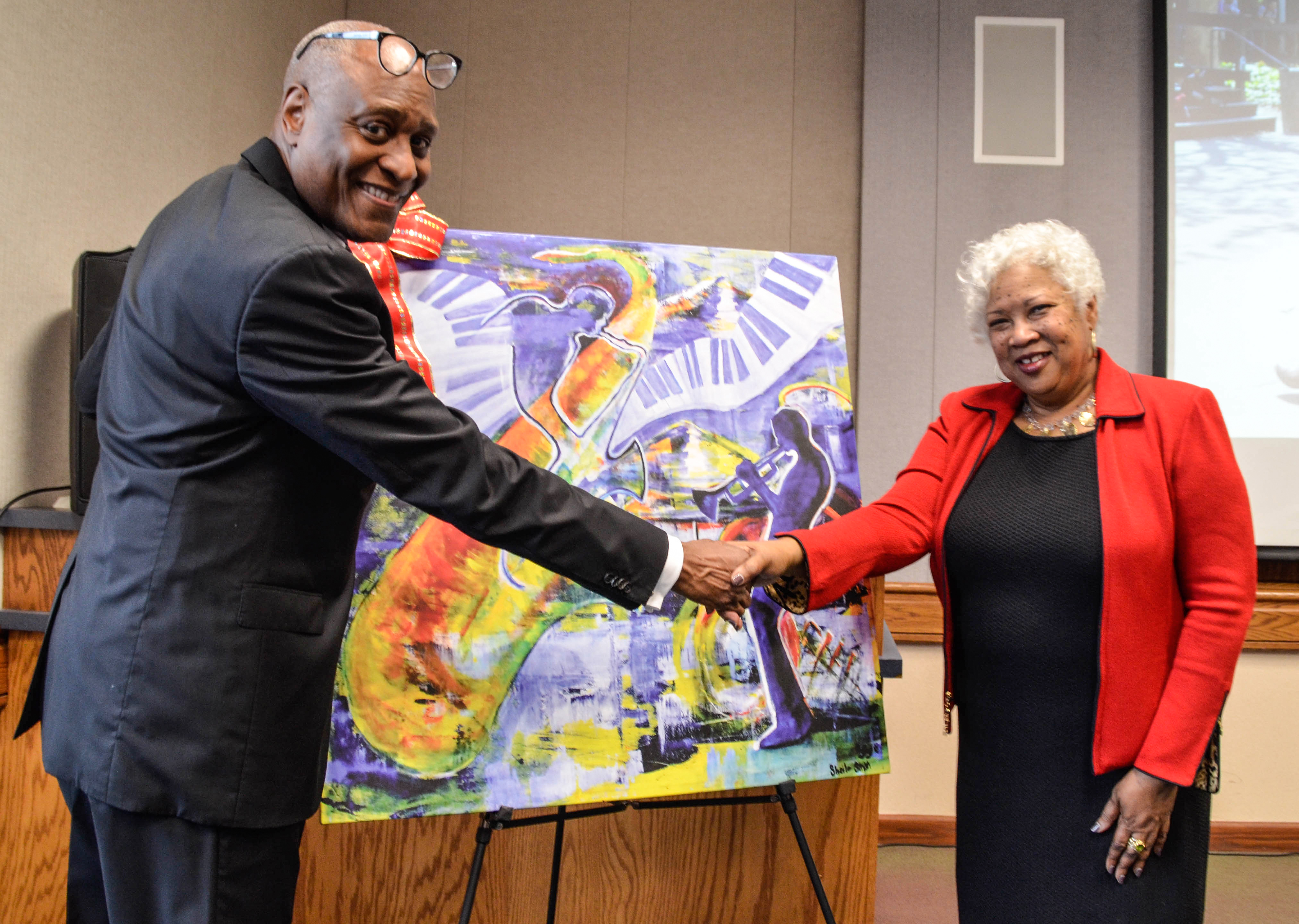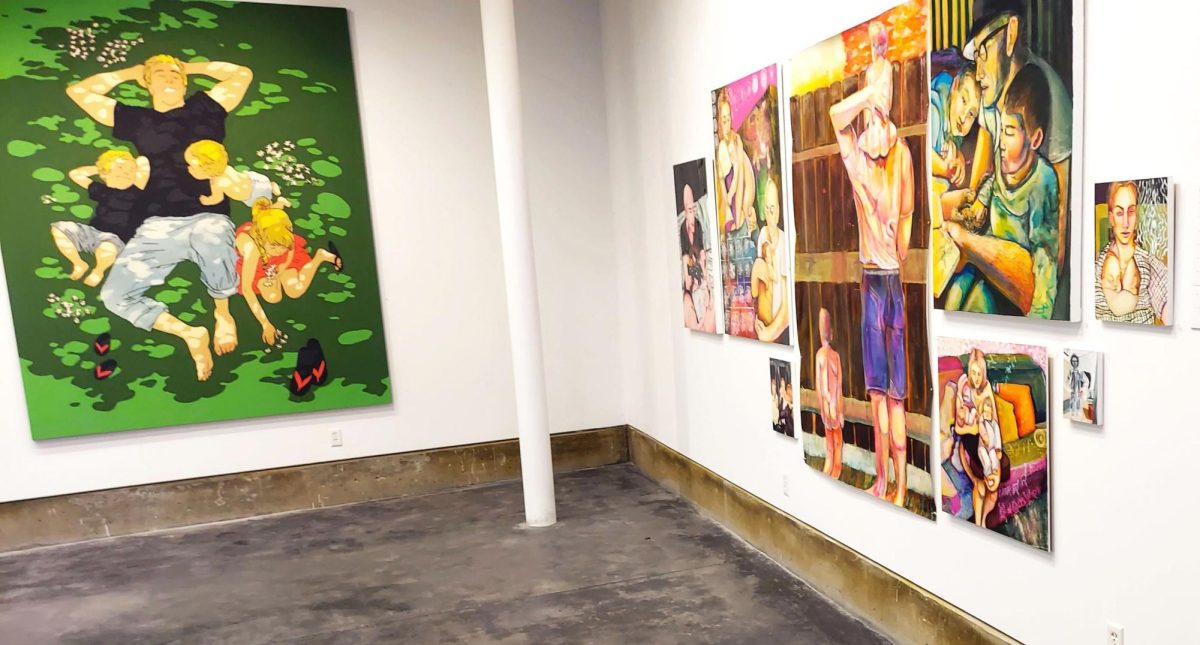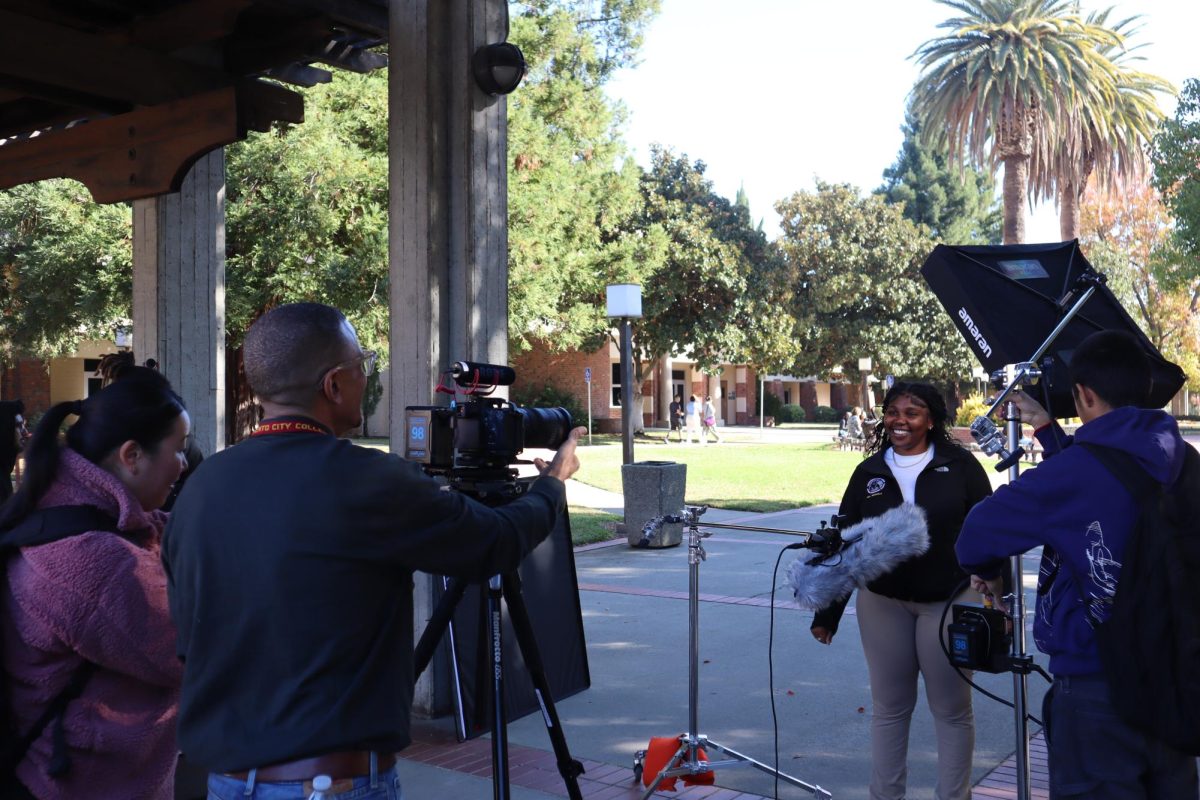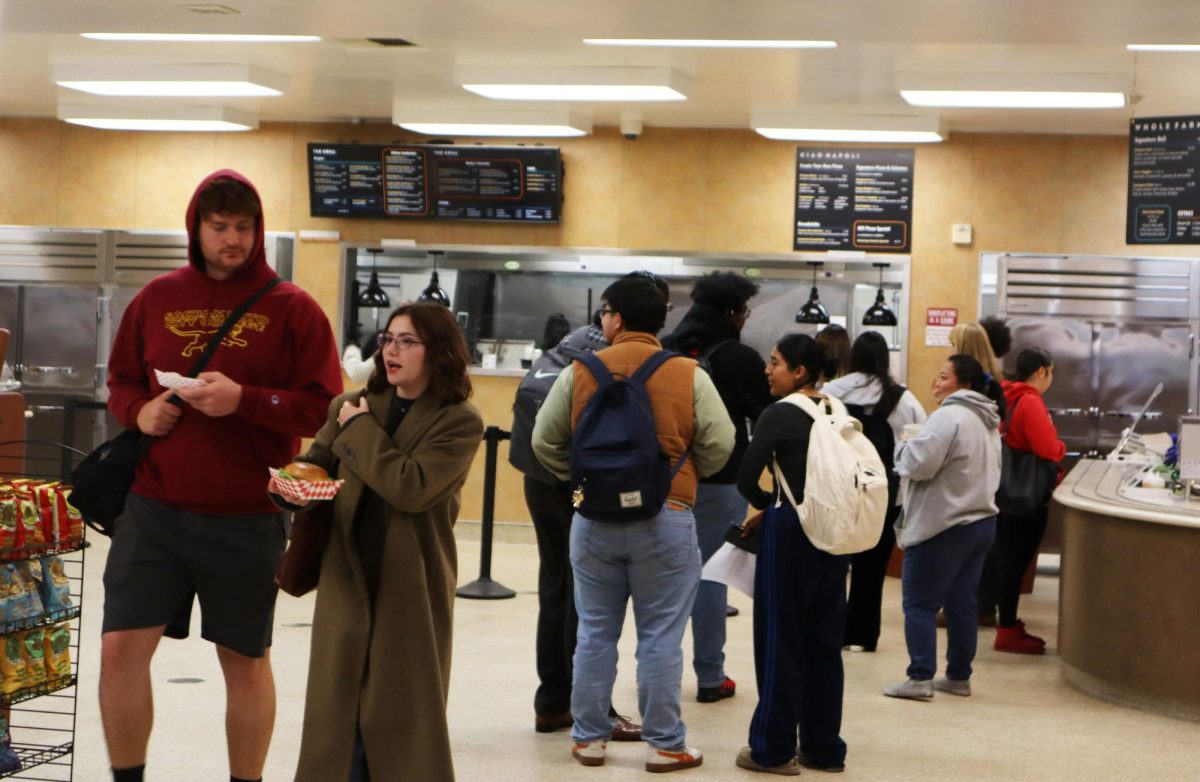Express Editor-in-chief Vienna Montague spoke with former City College president Kathryn Jeffery Feb. 5, three days before Jeffery began her new position as president/ superintendent of Santa Monica College. Jeffery offered some of her fi nal thoughts in a phone interview about her eight-year presidential tenure at City College.

So you are now in Santa Monica?
I am here. I just came down [Feb. 4]. I haven’t moved yet; I’m moving next weekend. …since I need to start work on Monday, I fi gured I’d just stay down here and get myself used to the community a little bit.
What do you think of Vice President of Student Services Michael Poindexter taking over as interim president?
He’s very active in the community, and so I see it as a really good move. He is super connected to the students, and he is really good at relationship building and has fabulous ideas about student success and ways to help improve student retention in classes. He also works really well with the faculty.
Is there a legacy you feel you’ve left behind at City College?
I think my legacy might be my connectedness to student success. Everything I do is student-centered — [from] every decision I make in my cabinet meetings to how I review and sign each piece of paper. … I want to know how what we’re doing is really going to affect our students in the end. It’s not what’s good for individuals who work at the college. It’s with [a] focus on how all of us at the college are doing things that are good for the students. I think it was student-centered before I came, but [it’s] even more so now.
Do you have any advice for Mr. Poindexter?
To make sure that he allows the time that’s needed for decision-making and not necessarily feel compelled to always fi nd an answer immediately on his own. If it’s necessary to take the time to consult with others, to do that. By consulting with others, you make a better-informed decision. Sometimes we get questions … and the person asking the question wants me to make a decision right that moment about something that might have longterm implications. If there are long-term implications involved, then I want to know the decision that I’m making right now, in this moment, is the best possible decision I can make. And sometimes that means I can’t answer the individual right now. Sometimes it means I have to do some fact-fi nding, because sometimes when people come to you, they bring you the information that’s most pertinent to them, but it may not be the information that’s most important to you making a good decision. And how is this going to play down the line? You’re making a decision … that will have an impact when you’re not there. I want to have confi dence in the decisions I’m making and know I haven’t left things in a way that has negative impacts on people.
Were there any projects you didn’t get to see completed that you would like to?
We’re working on some student success projects and trying to decrease the disparity of [performance] between different ethnic student groups — to know that every student, regardless of their ethnicity, their gender, that if they come to City College, they have an opportunity to be successful. Being part of a certain ethnic or racial group should not keep someone from being able to excel.
Do you have anything else you’d like to mention about City College?
My time at Sacramento City College has been amazing. To have worked there in the early part of my career as a faculty member, as a counselor, to have taught music classes as part of the adjunct faculty, to have been able to build connections in the community to represent Sacramento City College and the work we do. Those things all add up to me as an amazing privilege I was given to serve — not only in the early days, but to return to serve another eight years as president. When you work with people, that, in and of itself, requires a lot of skill, a lot of patience and a thick skin, because not everybody is going to be in your corner, and not everybody is going to be on your side. I’m not only proud to have been a part of Sacramento City College, but I remain proud of having [had] that opportunity to be there. I don’t think by leaving I’ve deserted the college. I feel like, by leaving, I’ve created the opportunity for someone else to move forward and take the college to levels of even greater accomplishment. I think it’s a win-win for everybody.






























